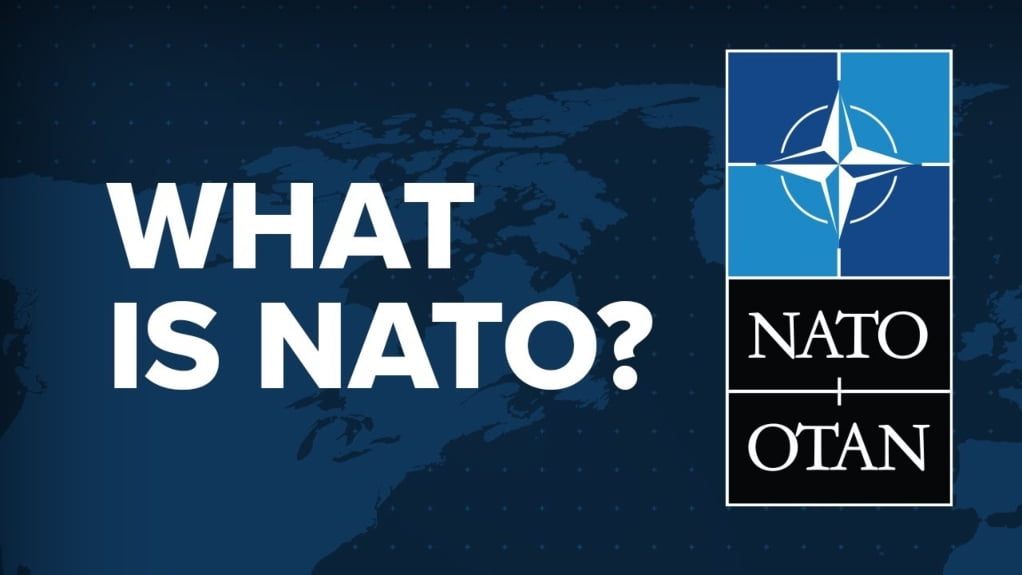The North Atlantic Treaty Organization (NATO) stands as a cornerstone of international cooperation and security. Established in 1949, NATO is an intergovernmental military alliance comprising 30 member countries from North America and Europe.
With a shared commitment to collective defense, democratic values, and stability, NATO plays a crucial role in safeguarding the interests of its member nations. This article explores the history, purpose, structure, and significance of NATO countries, highlighting the alliance’s role in promoting peace and security across the Atlantic region and beyond.
Historical Background:
Table of Contents
NATO’s origins can be traced back to the aftermath of World War II when Europe faced the pressing need for collective security against the Soviet Union. In response, the North Atlantic Treaty was signed on April 4, 1949, establishing NATO as a mutual defense organization.

The original 12 member countries included Belgium, Canada, Denmark, France, Iceland, Italy, Luxembourg, the Netherlands, Norway, Portugal, the United Kingdom, and the United States. Over the years, NATO expanded to encompass additional countries, particularly in Eastern Europe after the Cold War.
Structure and Decision-Making:
NATO operates on the principle of consensus, where every member country has an equal voice in decision-making processes. The alliance is governed by the North Atlantic Council (NAC), which comprises the ambassadors of all member countries.
The NAC meets regularly to discuss and coordinate security policies, assess threats, and plan joint initiatives. Furthermore, NATO’s military structure includes various bodies responsible for specific operational areas, such as the Supreme Headquarters Allied Powers Europe (SHAPE) and the Allied Command Operations (ACO).
NATO’s key mechanism for collective defense is Article 5 of the North Atlantic Treaty, which states that an attack on one member country shall be considered an attack on all. This principle reinforces the alliance’s commitment to providing a collective response to any threat to the security and territorial integrity of its member nations.
Significance and Benefits
NATO’s significance lies in its ability to promote peace and security through collective defense and cooperation. By fostering a strong and united front, member countries deter potential aggressors and ensure a swift response to any security challenge. NATO also plays a vital role in crisis management, peacekeeping operations, and conflict resolution.
Moreover, NATO countries benefit from enhanced interoperability and military capabilities through joint training exercises, information sharing, and defense planning. This cooperation strengthens the defense capabilities of individual member nations and contributes to the overall stability of the alliance.

Furthermore, NATO serves as a platform for political dialogue and collaboration among member countries. It facilitates regular consultations and promotes shared values, such as democracy, individual liberty, and the rule of law. Through this exchange, member nations build trust, deepen relationships, and address common security concerns.
NATO’s expansion in Eastern Europe following the end of the Cold War has been instrumental in fostering stability and democratic reforms in the region. By offering membership opportunities to countries such as Poland, Hungary, and the Baltic states, NATO has promoted political and economic integration, supporting the growth of democratic institutions and ensuring security guarantees for these nations.
Challenges and Adaptation
While NATO has been successful in maintaining peace and stability throughout its existence, it faces various challenges in the evolving global security landscape. These challenges include hybrid warfare, terrorism, cyber threats, and regional conflicts. NATO member countries are constantly adapting to address these emerging security concerns. The alliance has invested in capabilities such as cybersecurity, missile defense, and rapid response forces to counter these threats effectively.
Furthermore, NATO has actively engaged in partnerships with other countries and organizations, recognizing the importance of a comprehensive and inclusive approach to security.
NATO also recognizes the significance of maintaining a robust transatlantic bond. Close cooperation between North American and European allies remains crucial in addressing shared security challenges. Regular consultations, joint exercises, and intelligence sharing strengthen this bond and ensure the alliance’s effectiveness.
Read Also: The Richest Country in the World: Exploring Economic Powerhouses

